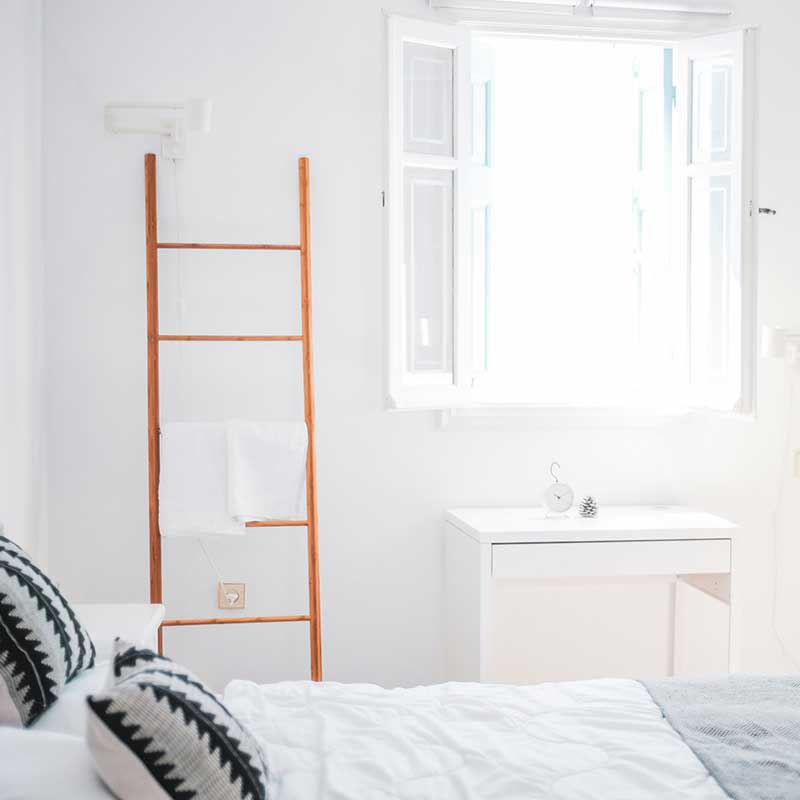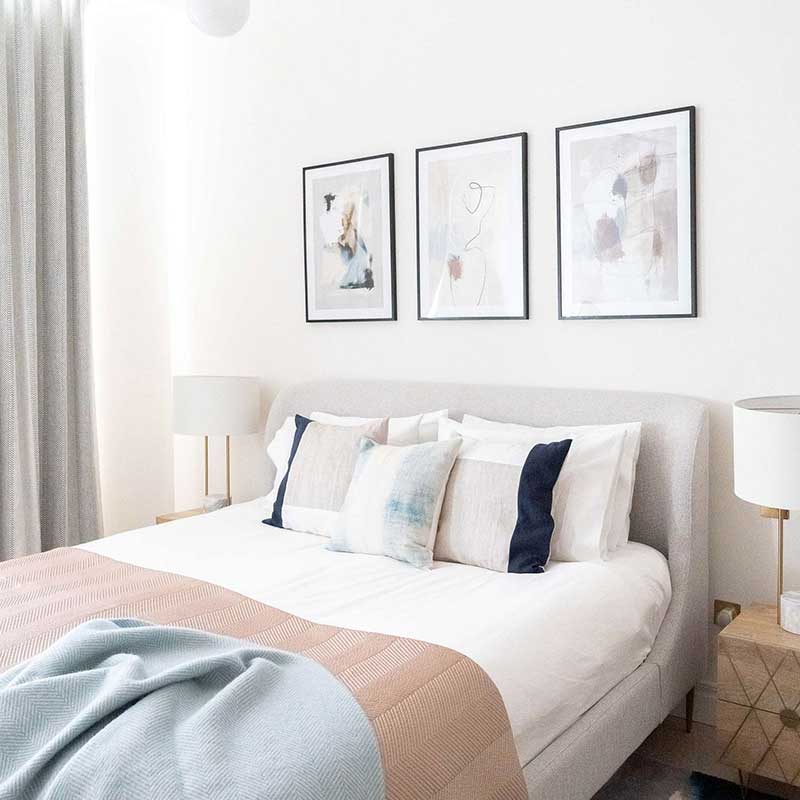D7 Visa Portugal 2025: A Complete Guide for Residency Seekers
Introduction: Why the D7 Visa is a Gateway to Portugal
Portugal stands out as one of Europe’s most desirable countries for expats, retirees, and remote workers. With stunning coastlines, affordable living, and a welcoming culture, it’s no surprise that thousands consider relocating each year. The D7 Visa Portugal 2025 is a primary pathway for those seeking long-term residency. This article offers an in-depth, practical guide on eligibility, application steps, financial requirements, and benefits of the D7 Visa in 2025. Whether you’re planning a permanent move or remote working adventure, here’s what you need to know.
What is the D7 Visa?
The D7 Visa, also known as the ‘Passive Income Visa’ or ‘Retirement Visa’, allows non-EU/EEA citizens to reside in Portugal if they can demonstrate sufficient passive or regular income. Introduced in 2007, the D7 is an attractive route for retirees, digital nomads, and remote workers who wish to settle in Portugal without the need for a large investment.
Main Benefits of The D7 Visa Portugal 2025
- Residency Rights: Live, work, or study in Portugal and move freely across Europe’s Schengen Area.
- Family Reunification: Bring spouse, children, and dependent family members under one application.
- Path to Citizenship: Apply for Portuguese citizenship after five years of residency.
- Access to Healthcare: Eligible for Portugal’s public healthcare and education systems.
- Tax Benefits: Qualify for Non-Habitual Residency (NHR) status, offering tax incentives.
Portugal’s Growing Popularity in 2025
According to the Portuguese government’s 2024 immigration data, applications for residency visas have increased by over 25% in the past two years, with the D7 Visa leading the surge among Americans, British nationals, Canadians, and Brazilians. Factors such as Portugal’s safety (ranked 7th safest globally), cost of living, and digital infrastructure are major draws.
Eligibility Criteria for the D7 Visa Portugal 2025
To qualify for the D7 Visa in 2025, applicants must meet several criteria:
- Non-EU/EEA/Swiss citizenship: The visa is available for individuals outside these areas.
- Proof of Passive Income or Remote Work: You must demonstrate stable income from pensions, rentals, investments, remote work, or business profits.
- Adequate Financial Means: In 2025, the minimum income is expected to follow Portugal’s minimum wage rate, adjusted annually. For a single adult, this currently means at least €820 per month. Families must show additional funds per dependent (approx. 50% per spouse, 30% per child, adjusted for 2025 increases).
- Portuguese Accommodation: A rental contract or property deed valid for at least one year.
- Clean Criminal Record: From both home country and countries of recent residence.
- Comprehensive Health Insurance: Coverage valid in Portugal until registration in the national health service.
D7 Visa 2025 Application Process – Step by Step
Applying for the D7 Visa involves a two-stage process: first at your local Portuguese consulate, then upon arrival in Portugal with national immigration (SEF/AIMA). Here’s a clear pathway:
- Gather Documentation: Prepare passports, income proofs, bank statements, accommodation documents, criminal background checks, and health insurance.
- Online Application & Scheduling: Submit the national visa application on the Portuguese Ministry of Foreign Affairs portal and book your consular appointment.
- Consular Interview: Attend the interview in your home country. Bring all original and translated documentation.
- Temporary D7 Visa Issuance: Once approved, a temporary visa (valid for 120 days) is placed in your passport.
- Arrival in Portugal & SEF/AIMA Appointment: Schedule your residency permit interview and submit biometric data.
- D7 Residency Card: Granted initially for 2 years, renewable for 3, then eligible for permanent residency/citizenship after 5 years.
Financial Requirements in Detail (2025 Updates)
Portugal’s minimum income thresholds are pegged to the national minimum wage (which is reviewed annually). For 2025, expect the following guideline minimums:
- Main Applicant: At least €820/month (€9,840 per year).
- Spouse or dependent adult: 50% of above (€410/month).
- Child: 30% of above (€246/month).
Most successful applicants show higher income or robust savings to strengthen their case.
Documents Required for D7 Visa Portugal 2025
For a smooth process, prepare:
- Valid passport (min. 6 months validity)
- Two passport photographs
- Formal application forms
- Proof of regular income (pension, rental contracts, dividends, employment contract)
- Portuguese bank statements (often 6–12 months)
- Rental contract or property purchase deed in Portugal
- Police background certificate from each country of residence in last 5 years
- Private health insurance (coverage in Portugal)
- Motivation letter explaining your intent to move and contribute to Portugal
Costs and Timeline for D7 Visa Application
- D7 Visa Application Fee: From €90–120, depending on your jurisdiction.
- Residence Permit Fee: Around €170 upon approval in Portugal.
- Translation and Notary: Plan for €100–200 for certified translations.
- Total Estimated Timeline: 3–6 months from initial application to residency card.
Costs can increase if you use specialist services, but most applicants manage the process independently.
Top 3 Actionable Tips for a Successful D7 Application
- Start Early: Some paperwork (like apostilled background checks) may take weeks. Begin gathering documents 3–4 months before you plan to apply.
- Provide Clear Income Evidence: The more transparent your income sources, the better. Regular, passive income is favored but remote work contracts can also work if stable and verifiable.
- Demonstrate Ties to Portugal: Alongside your accommodation, include your plans to enroll in a language course, join local communities, or invest in the region – these can strengthen your motivation letter.
Living in Portugal: Cost, Quality, and Expat Insights
Portugal offers some of the most attractive lifestyles in Europe. According to a 2024 international cost of living index, the average monthly expenses (excluding rent) for a single person are €600. A one-bedroom apartment rents for €500–900 in most cities – up to €1,200 in Lisbon or Porto.
The Global Peace Index ranks Portugal among the top 10 safest countries worldwide. Its public healthcare, rated highly by the World Health Organization, is another major attraction.
Popular cities for D7 visa holders include Lisbon, Porto, Cascais, Coimbra, and the Algarve region. Many expats highlight the welcoming local culture and mild climate as key reasons for settling.
Potential Challenges and 2025 Regulation Updates
The popularity of residency visas has led to periodic rule changes and more rigorous checks. For 2025:
- Stricter enforcement of accommodation proof and local ties
- Expect requests for more recent bank records
- Delays possible due to increased application volume
Stay updated with Portuguese consulate guidelines, as requirements may be fine-tuned during the year.
Conclusion: Is the D7 Visa Right for You?
Portugal’s D7 Visa in 2025 remains one of Europe’s friendliest routes for individuals with regular income or retirees seeking a Mediterranean lifestyle. With manageable financial requirements, fast processing, and a pathway to EU residency, it suits a wide variety of backgrounds. By preparing your documentation, proving financial stability, and demonstrating genuine intent to integrate, you can make your Portuguese dream a reality.
Ready to start your journey? Begin organizing your application today and take the first step towards living in beautiful Portugal.
Frequently Asked Questions (FAQs)
Can I work remotely in Portugal with the D7 Visa?
Yes, the D7 Visa allows remote workers to reside in Portugal, provided you can demonstrate stable, regular foreign income. Many digital nomads use this route when their income is predictable and ongoing.
Do I need to speak Portuguese to apply or renew?
No initial language test is required. However, basic Portuguese knowledge is recommended for integration, renewing your permit, and eventually applying for citizenship.
Does the D7 Visa lead to permanent residency or citizenship?
After five years of legal residency on the D7, you can apply for permanent residency or Portuguese citizenship, assuming you meet legal and language requirements.
Can I include my family on my D7 application?
Yes. Spouses, minor children, and dependent adult children or parents can be included. You must demonstrate sufficient financial means to support all applicants.
How long can I be outside Portugal without losing residency?
Generally, you must not be absent for more than six consecutive months or eight non-consecutive months per two-year period. Absences for valid personal or professional reasons may be considered.
All Contacts
- Rua de Camões 639 4000-148
- +351 912 679 232
- info@mosaicohostels.com
- 08 am - 06 pm Sunday closed
Subscribe
Subscribe Our Newsletter for more deals & updates









Leave a Reply